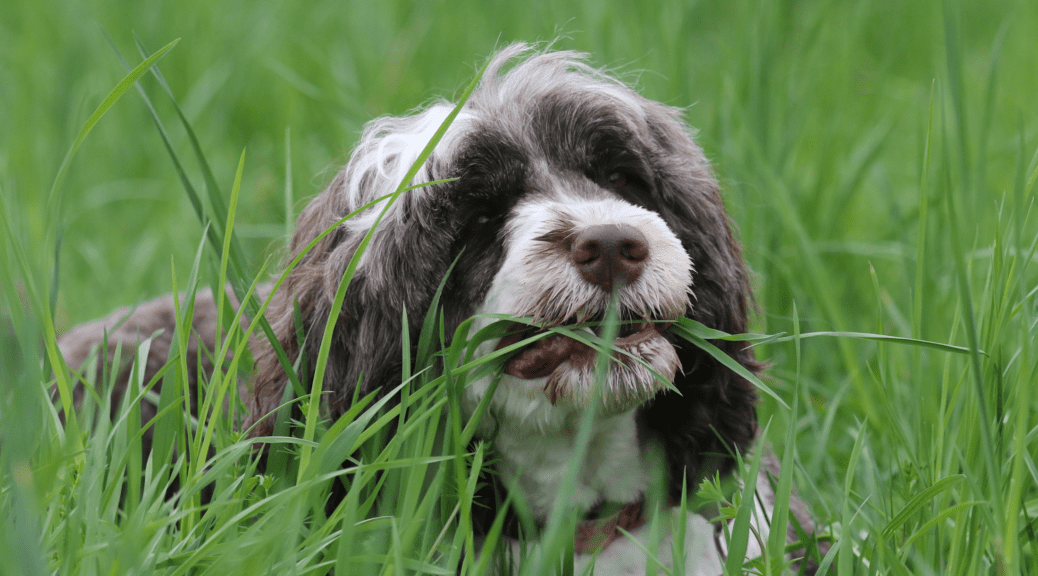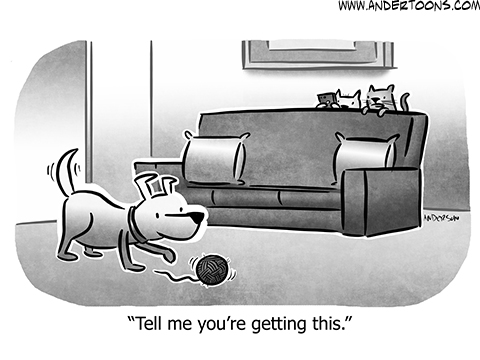Have you ever discovered how frustrating it is to not be able to properly scratch an itch? This is an ongoing problem for dogs. One issue that can make Fido quite itchy is hot spots. These are basically itchy, inflamed sores. While they can happen any time, they are particularly common at this time of year. Hot spots are treatable, though the treatment course needed will depend on the underlying cause. Hot spots can be caused by many different things. A Roanoke, VA vet lists some common ones below.
Bug Bites
It’s probably no surprise to find flea bites at the top of this list. Fido can also be bitten by ants, flies, mosquitoes, and, well, any other biting insect. Keep up with your four-legged friend’s parasite control products!
Infections
Skin infections are another possible reason for hot spots. Ear infections can also lead to hot spots on the head and neck.
Anal Gland Issues
As you probably know, dogs have scent glands under their tails. Normally, these are expressed naturally as Fido relieves himself. However, sometimes issues do develop. This can be very uncomfortable for your canine buddy! Your vet may recommend anal gland expression, which must be done by a professional.
Allergies
Allergies are another common culprit. Your vet would need to run some tests to determine what your furry pal is reacting to: this could be anything from ingredients in his shampoo to pollen to something in his food.
Poor Grooming
If Fido’s fur is matted, dirty, and/or greasy, it will soon start causing problems with his skin. An unkempt coat can be very hot and itchy! This is particularly problematic with pooches that have very thick and/or long fur. Keep up with your canine buddy’s grooming needs.
Compulsive Behavior
Itching and hot spots can be a sort of chicken and egg which-came-first situation, in that sometimes pups cause hot spots by worrying at their skin. This is often, but not always, caused by medical issues. In some cases, dogs will lick or bite themselves as a compulsive, self-soothing behavior due to loneliness, boredom, stress, anxiety, or depression. A good diet, toys and playtime, comfy beds, and lots of love and attention are all important to Fido’s health and happiness.
Do you know or suspect that your pooch has hot spots? Contact us, your Roanoke, VA animal clinic, today!





